Discovering the art of time travel
How memory journalling has helped me to unearth my history and reconnect with the present.
When I was eight years old, I traveled with my parents and brother back to New Zealand, my parents’ homeland, to visit family. A condition of my brother and I being taken out of school for an extended trip was that we should keep a diary to record our travels.
This diary was not a space for me.
It hung over me every morning, an obligation to be completed before doing or going anywhere. My parents not only checked that I’d complete each entry, they also read it, commenting on and correcting my entries.
“You’ll be grateful when you’re grown up to have a record of this trip.”
They weren’t wrong. Forty years later, these awkward, self-conscious entries offer some precious memory-triggering insights into the trip.
But what’s most interesting to me now, is how stilted these journals are—how early I learned to edit my own thoughts for parental and teacher consumption. These diaries are a bland record of places and people visited without emotion or personality. They contain no stories, only facts.
It wasn’t an experience that inspired a life-long love of journalling.
I’ve always admired people who are disciplined enough to keep a daily journal. It’s one of those things “real” writers are supposed to do.
And that, right there, is an example of an unhelpful story that stopped me embracing my own identity as a writer for a very long time.
It took me 30 years after the New Zealand diary to find my own way into journalling and to find my own voice. That journey began when I finally unpacked my long-boxed books and my library of me into a new set of bookshelves.
When I did eventually found my way into journalling, it wasn’t as a tool for recording the day to day. It was a tool for uncovering the past—for making sense of some of those old stories that no longer served me but which I wanted to understand before I let them go.
To start with, I didn’t even recognise what I was doing was journalling. I wrote scrappy remembrances and notes in whatever notebook held my current workflow. Pages of memories sat shoulder-to-shoulder with client meeting notes and shopping lists. Brief ideas and memory-sparking observations from my dog walks filled the Notes app on my phone.
It’s was only when these personal recollections began to swamp the practical content of my notebook, when I couldn’t find the memory I’d recorded a few weeks earlier, that I took a risk, opened a fresh notebook and created my first, dedicated memory journal.
When I did that, I began to take this work more seriously. That’s when I really began to see results.
I’ve always been a writer. But I spent most of my professional life writing and editing other people’s stories and words.
The transition from facilitator of other people’s stories to teller of my own wasn’t a clear or well-trodden path. It took a long time to find my way.
Part of me will always be a curator of other people’s stories. There’s great joy in that too. But that joy is immeasurably greater now that I also have the tools to share my own voice. Now I have the tools not only to say “me too” but to show “me too” and to guide by example.
Which is where The Memory Mine comes in. This course is where I bring those two parts of myself together—the storyteller and the story facilitator—and offer everything I’ve learned to you.
When you’re struggling to tell your story, unearthing your memories in a safe and structured way is the first step. Your memories are the raw material for your story.
Whether you want to write a memoir, to share your life and experiences with your family, or just make sense of your own memory, a guided journalling process is invaluable.
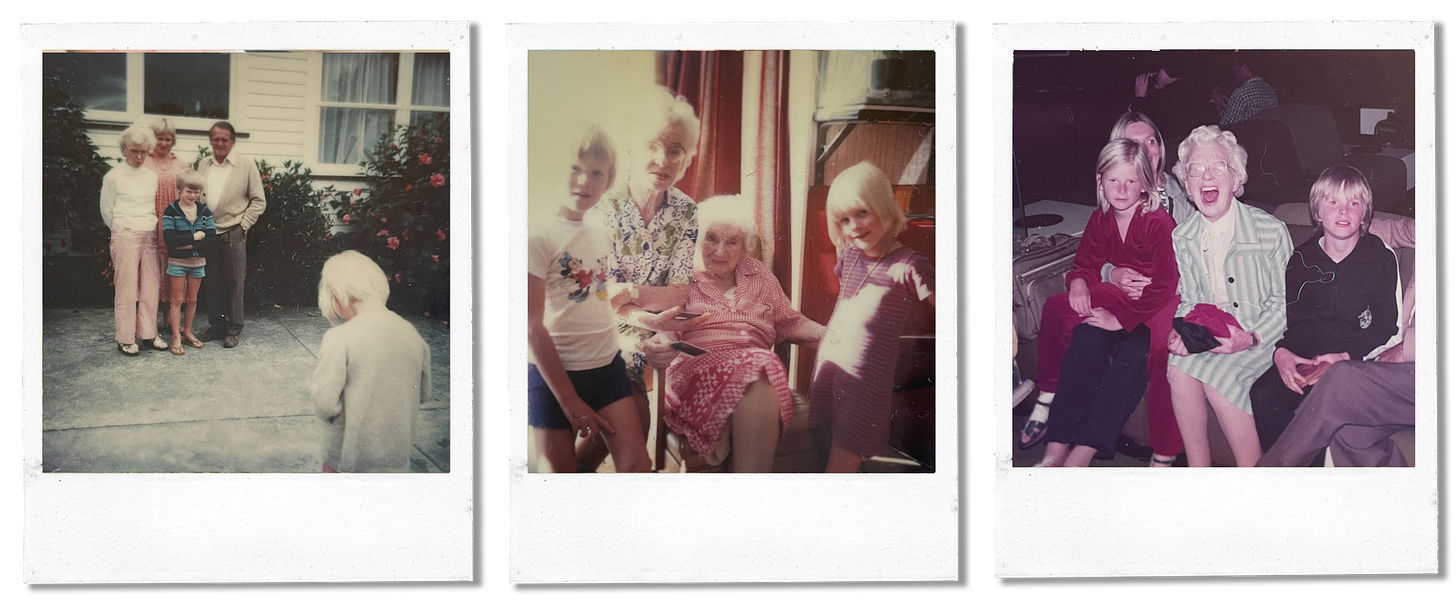
While journalling is an easy-access process we should be easily able to pick up and keep up, it’s the first thing we drop when other priorities take over.
Or our sporadic efforts leave us with a lot of “brain spew” that feels like just another layer of chaos we still have to sort through.
So, while the primary focus of The Memory Mine is on helping you to unearth and organise your memories in a way that’s easy to reference and easy to sustain, I also spend some time guiding you through the why.
Why you remember some moments and forget others.
Because when you understand how your memory works, not only does it make the unearthing that much easier, it also means you’re better equipped to retain new memories and organise the ones you unearth.
By the end of the course, you’ll have—
A journal full of memories to use in writing your own story—whether that’s on a blog, in a memoir, or just for yourself and your family.
An array of tools to help you notice and capture every-day experiences and future memories.
A better understanding of how your memory works so you’re better able to encode and retain new memories.
While my childhood travel diary may not have provided many clues about the emotional experience of travelling across the world as an eight year-old, journalling as an adult has helped me to re-access some of those moments and recover real stories from that time.
It really is the closest thing I know to time travel. Let me be your guide on your next journey through time.
The Memory Mine
If you’d like to explore more memory unearthing ideas, join me for the first ever round of The Memory Mine—a six-week guided journalling course that walks you through process of unearthing, collating and curating your own stories. Stories you can use for your own creative projects, or to create a memory archive (a little piece of yourself) for your family and for the future.
The Memory Mine is a self-guided, online course. Content will be released every week for six weeks, beginning on Monday 12th February. There’re only a few spaces open in this first round of the course.
As a founder member, you’ll have lifetime access to the course, including all updates and new content. If you follow the programme and don’t get results, you can get a full refund any time up to a year after launch.
The course goes on sale on Tuesday 30th January. For more information, and the chance to enrol a day early, get on the early access list.
What was your first experience of journalling? How did it affect your long term relationship with telling your own story? Leave a comment and let me know.
If you fancy a skip down my own memory lane, here’re a couple of stories that draw on my memories of travelling around New Zealand as a child and as an adult.
The Parsley Patch
I sit at the edge of the parsley patch, out of sight of my grandparents’ house, and slowly munch my way through the vibrant crop. The bitter green leaves have the flavour of spring sunshine, sharp-edged and warm. The thick lawn slippers my grandfather’s feet and I am deaf to his approach. His shadow falls across the parsley and makes me jump. I look up,…
He sucks the spines outta cows
A once thriving timber town, Utiku now sits in the middle of open pasture. The native bush that sustained a pioneer population has gone—as has the population that parasitised itself out of existence. The town where my maternal grandmother once lived with her parents and older brother has all but disappeared.





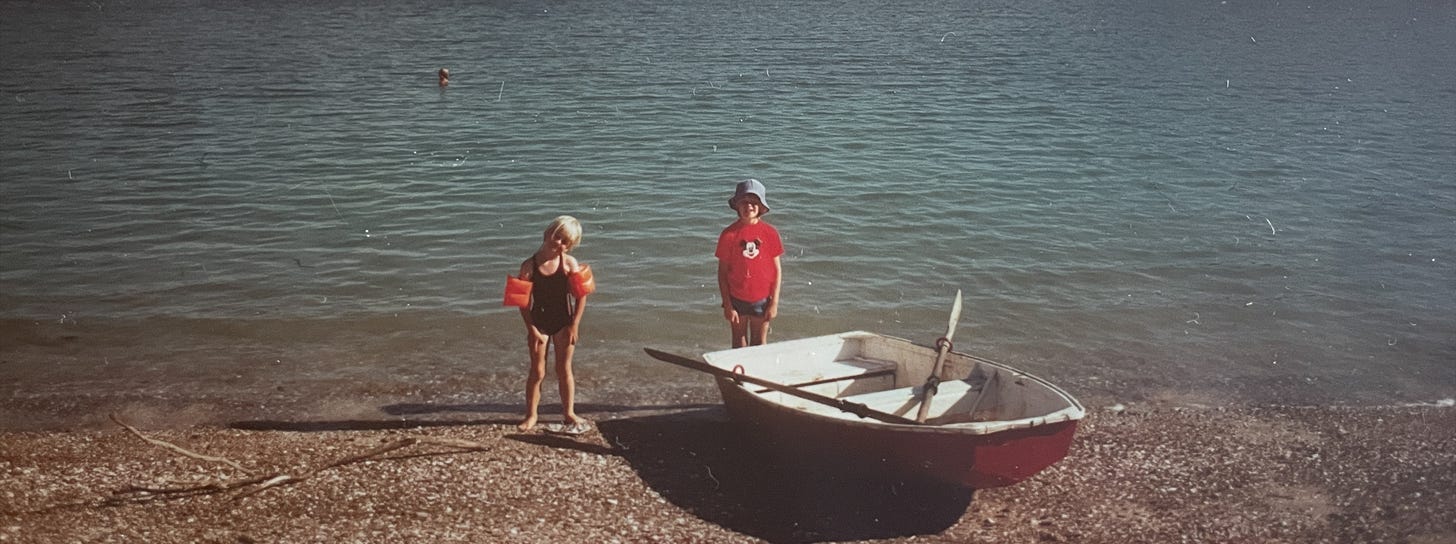
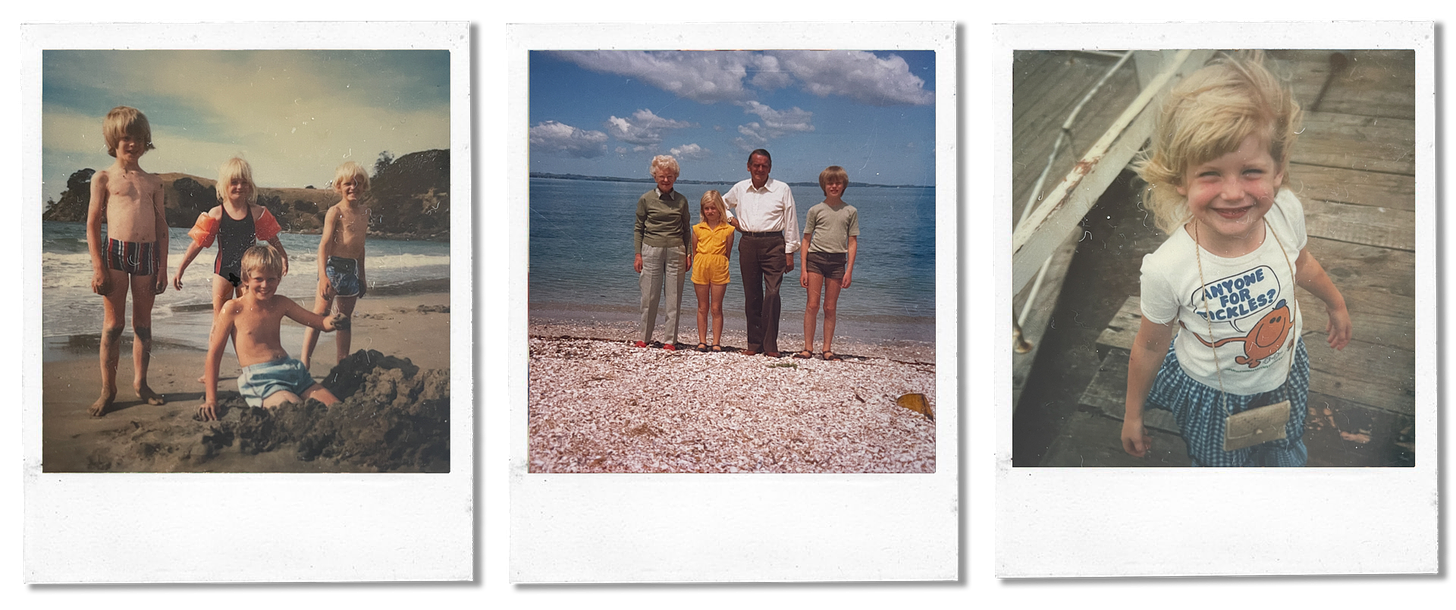
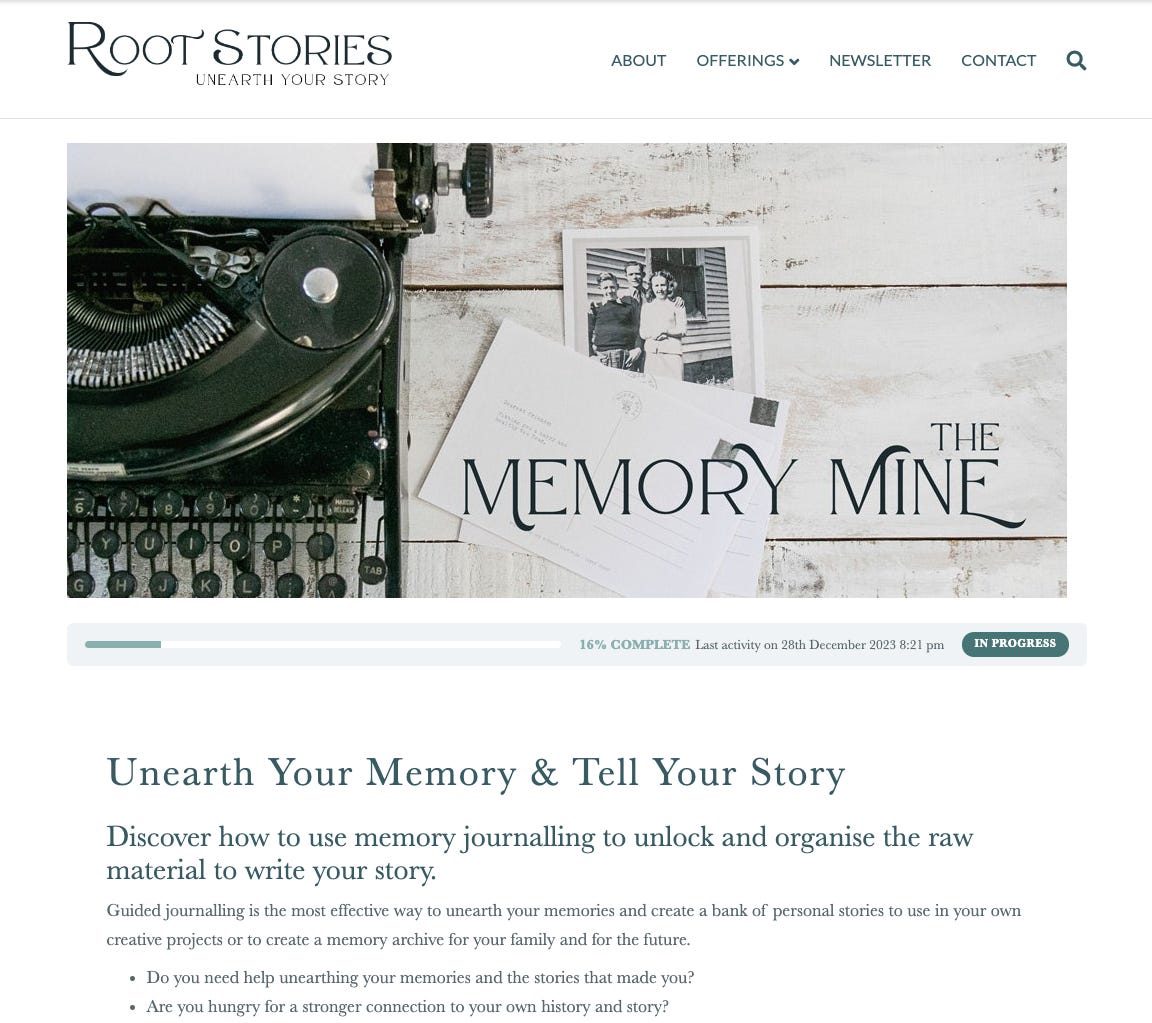


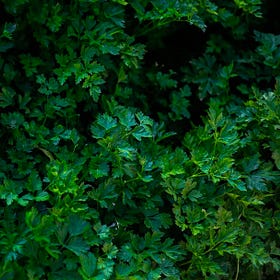
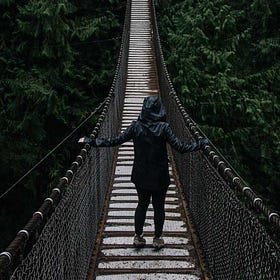
Diaries, dinghies, writing, and New Zealand. A lot I relate to here. 😊
I'm glad to have found you through Susie https://substack.com/@ahillandi
“While journalling is an easy-access process we should be easily able to pick up and keep up, it’s the first thing we drop when other priorities take over.” This hits me like a slap in the face Miranda, it really is the first thing that goes by the way... and every time it happens I feel I need to begin all over again...
I wish I had all the old family photos here with me, triggers for memories I know are there but don’t surface without a prompt... one day, I hope one day! X